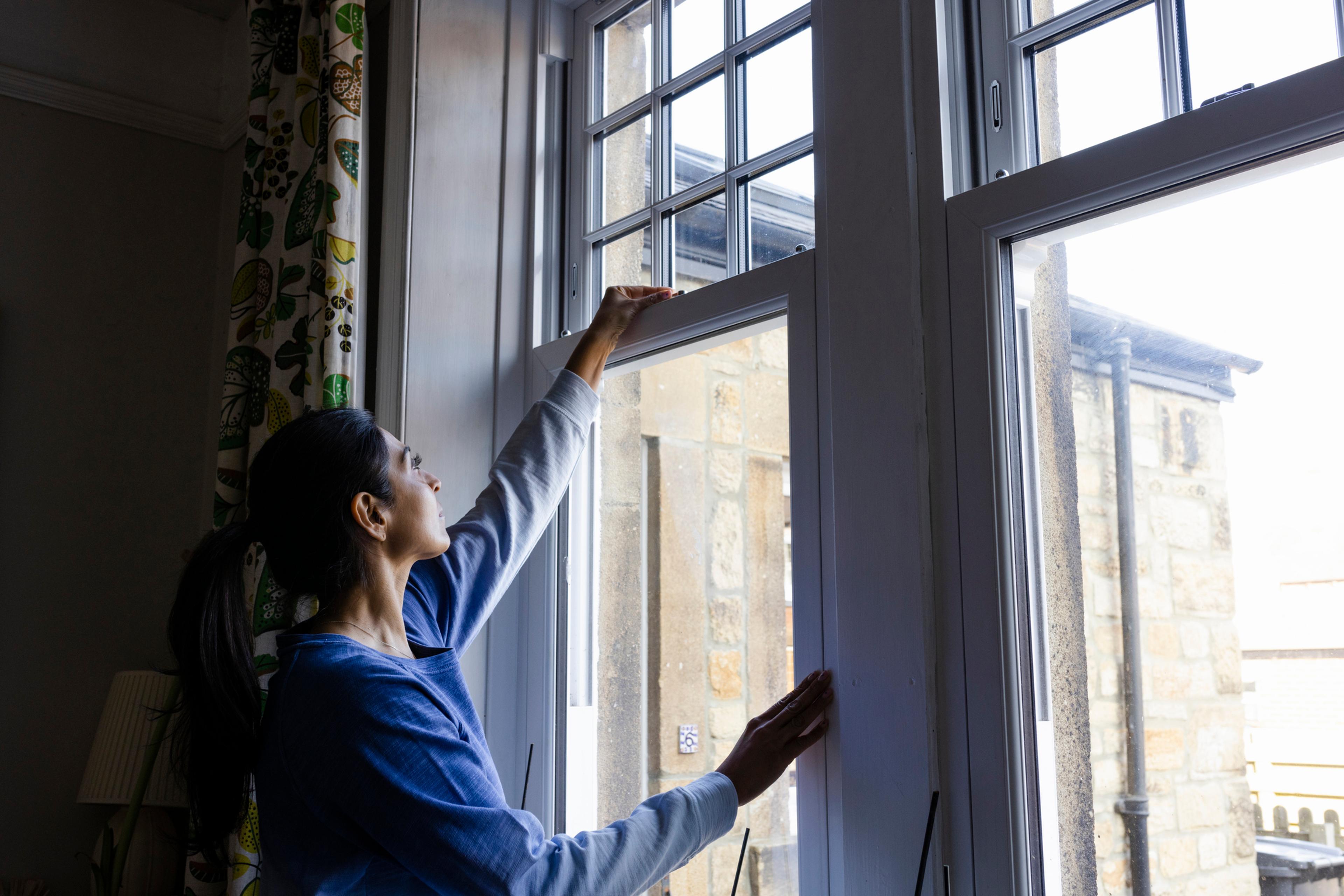Always tired? The reason may have nothing to do with sleep
2 min read

Feeling exhausted at the end of a busy day is perfectly normal, but when you can’t shake that drowsy feeling all day long, there’s likely something more going on. The main culprit is often poor sleep habits, but if you’re getting a solid seven to nine hours a night and are unplugging from technology 30 minutes before hitting the hay, there are other factors at play. Read on to find out surprising causes of your heavy eyelids.
A.M. caffeine overdose Does your morning regimen include numerous cups of coffee? Although you might feel great for an hour or two, all that caffeine will also set you up for an afternoon crash. Instead of one giant coffee binge in the morning, try sipping smaller amounts throughout the day. Mini doses can help provide a consistent level of attentiveness, without the potential risk of ups and downs later in the day.
Anemia Anemia, a condition in which red blood cell production is decreased, can be the source of fatigue for those who aren’t getting enough iron-rich foods in their system. You can remedy anemia with an iron-rich diet, heavy in meats and dark, leafy greens, or with supplements if you have a chronic iron deficiency. To find out if you’re anemic, talk about your symptoms with your doctor.
Depression Many people with depression not only feel blue, but also drowsy. Even a mild form can make it tough to get out of bed in the morning and make you more inclined to nap often. Talk to your doctor if you think your sleepiness could be related to depression.
A sleep disorder Sleep apnea is when your breathing actually stops briefly throughout the night, causing you to wake up and gasp for air. People with sleep apnea snooze longer because the quality of their sleep is so poor. A few signs to look out for are snoring, being overweight and waking up with a headache, but it will take a sleep specialist to diagnose you.
Thyroid issues- Hypothyroidism is when your thyroid, a gland that produces hormones to control sleepiness, is underactive. It’s a common cause of over-sleeping, but hard to pinpoint without being tested by your doctor. If you’re feeling sluggish, but getting ample sleep, make an appointment with your physician—a simple blood test can detect the problem.
Photo credit: RelaxingMusic









